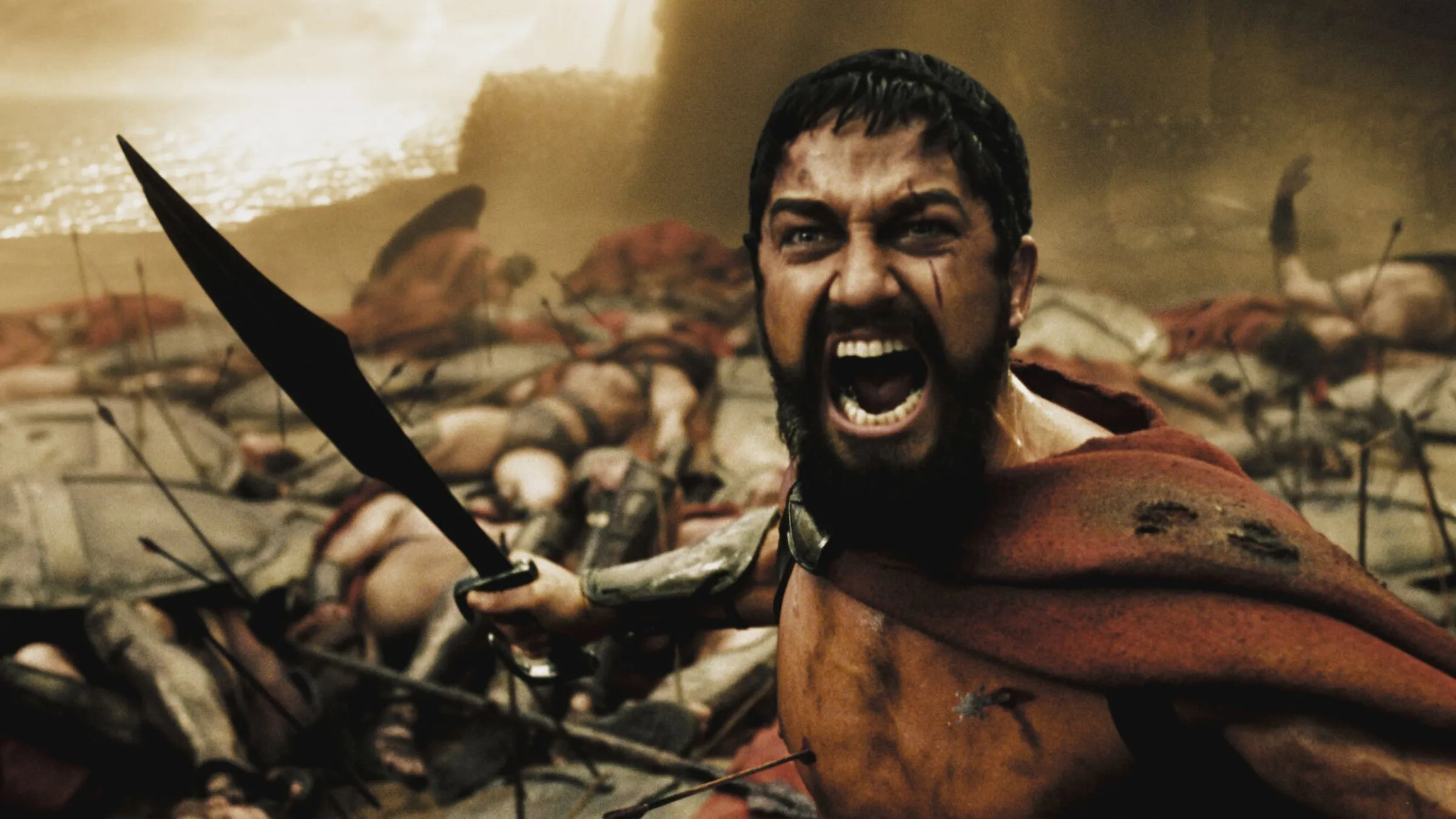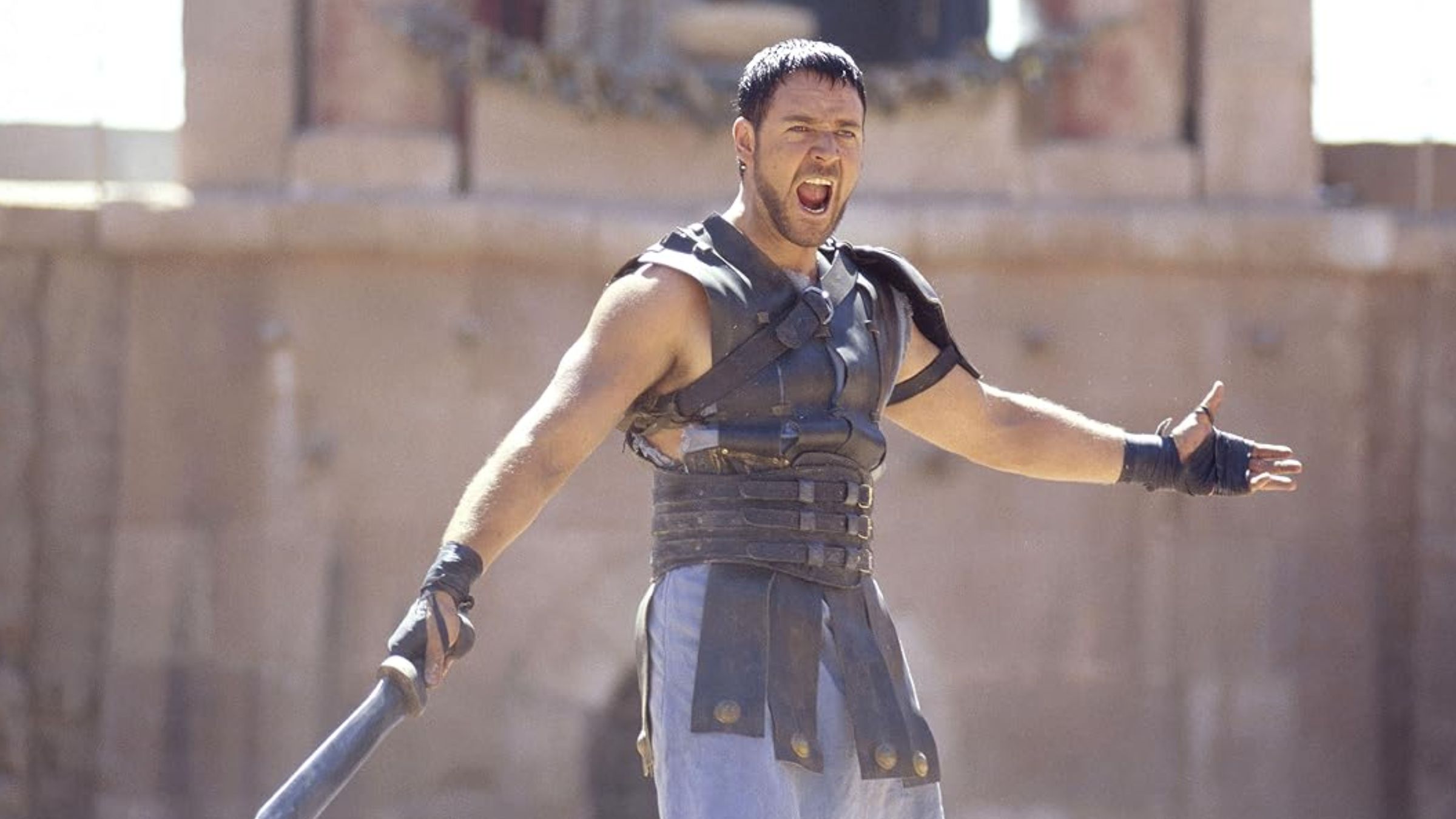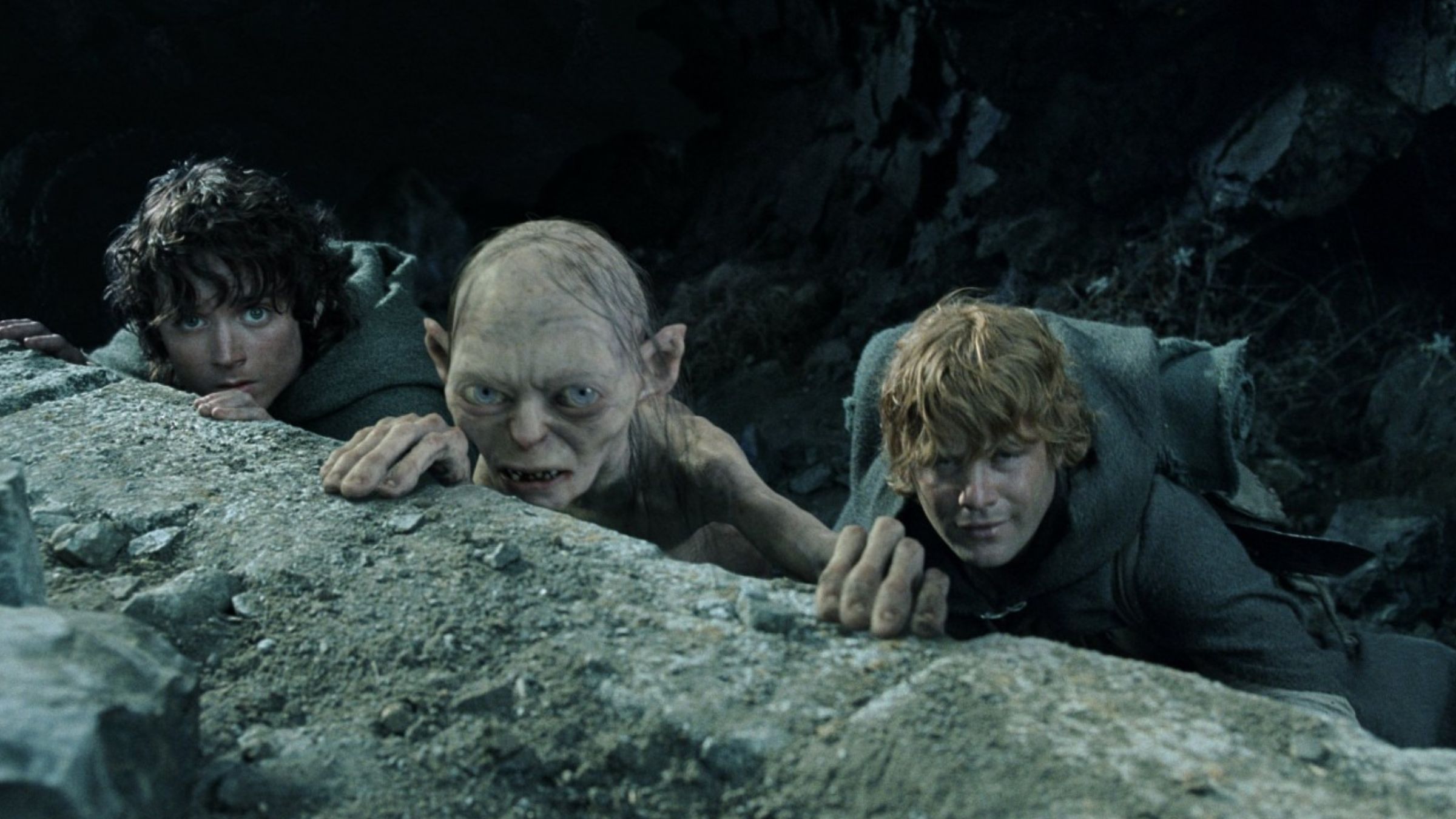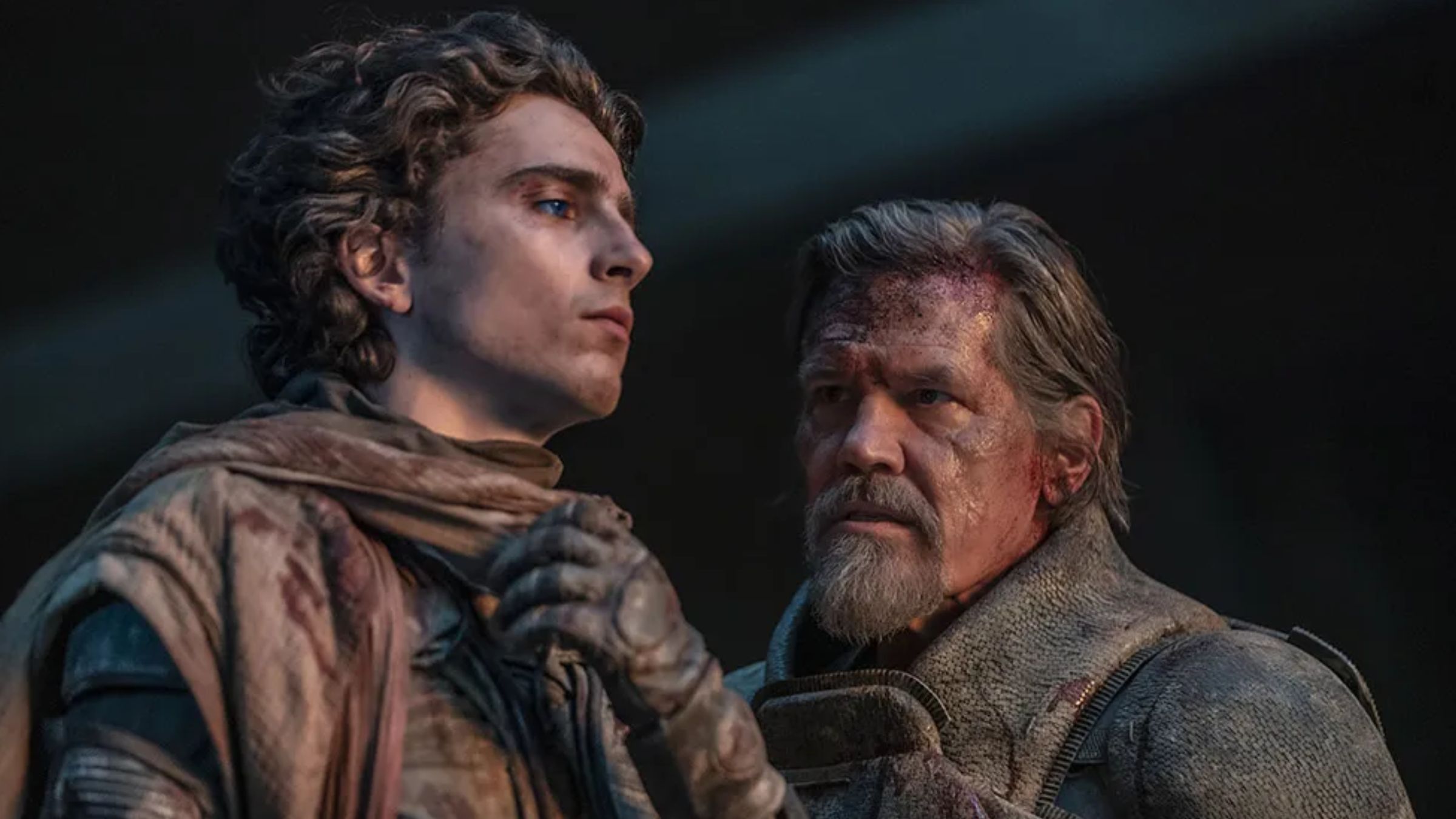
As a moviegoer, I’ve always been fascinated by those films we call ‘epics.’ They’re the ones that really capture the public’s imagination, setting box office records and becoming cultural touchstones, but what actually makes a movie epic? It’s more than just explosions and a massive budget, though those things certainly help. For me, a true epic isn’t about how much is happening on screen, but what’s at stake. It’s about throwing characters into situations that feel truly monumental – a war that could change everything, a destiny they can’t escape, or the fall of an entire civilization. It’s a story that makes you feel the pressure alongside the characters, not just watch it happen. It’s about scope, daring to take risks, and having a grand vision. When all those elements come together, it’s an immersive experience that’s both breathtaking in its scale and deeply moving – and that’s what elevates a movie from being simply ‘big’ to truly epic.
So, which movies truly deserve the label ‘epic’? Here are 5 outstanding films from the 21st century – ranging from historical wars to grand space adventures – that have become classics and proved the lasting impact of a truly memorable cinematic experience.
5) 300

Many films have become iconic, but few have transformed a historical event into such a visually stunning experience as 300. Director Zack Snyder boldly reimagined the Battle of Thermopylae, creating a film that felt like a blend of a comic book, video game, and digital art – a remarkably creative approach for its time. The movie depicts King Leonidas (Gerard Butler) and his 300 Spartans bravely facing the enormous Persian army led by Xerxes, telling a tale of courage and self-sacrifice. However, it’s the film’s unique style that truly captivates; each scene resembles a moving illustration. The exaggerated blood, striking contrasts, and slow-motion effects aren’t meant to be realistic – they’re designed to immerse viewers in a world where dramatic flair is the primary goal.
Rewatching 300 today really shows how influential it was on action movies of the 2000s. It practically pioneered the now-common style of flashy visuals and prioritizing spectacle over a complex story. The movie isn’t known for its deep plot, and that’s okay – director Zack Snyder focused on delivering intense action. It works because it’s a visually stunning epic, full of war, violence, and energy. Whether you enjoy it or not, it’s clear Snyder knew exactly what he was doing, and for a long time, 300 wasn’t just popular – it was a major part of the cultural conversation.
4) Gladiator

Before the movie Gladiator, large-scale historical epics had largely disappeared. Ridley Scott revitalized the genre with the story of Maximus (Russell Crowe), a Roman general who is betrayed, forced into slavery, and compelled to fight as a gladiator to avenge Emperor Commodus (Joaquin Phoenix). While fundamentally a classic tale of revenge, Scott presents it with incredible scope and visual grandeur – each battle feels like a moving Renaissance painting. The film delivers impressive action, but importantly, it remains emotionally grounded; Maximus is a compelling hero burdened by responsibility and grief, not just a skilled fighter.
Even before the sequel comes out in 2024, expectations were incredibly high. The original Gladiator skillfully combined intimate personal stories with huge-scale action, making it both powerful and beautiful. It’s famous for memorable lines – “Are you not entertained?” became a cultural reference point long before internet memes existed. Director Scott brilliantly updated a classic story for a modern audience, achieving a grand cinematic experience without relying heavily on special effects. Twenty years later, Gladiator remains the benchmark for large-scale historical films: impressive, captivating, and relatable enough to truly connect with viewers.
3) Avatar
![]()
Whether you enjoy it or not, Avatar is a groundbreaking achievement by James Cameron. The film centers on Jake Sully, a former marine who becomes paralyzed and finds himself living among the alien Na’vi people, eventually siding with them against his fellow humans. While the plot is straightforward – Jake realizes humans are the villains – the film’s true power lies in Cameron’s incredible vision. He created an entire, detailed world – Pandora – complete with unique creatures, thriving ecosystems, and a completely new visual style. Avatar isn’t just a story; it’s a fully immersive experience. Pandora feels incredibly real, and every element is designed to make you feel like you’re actually there.
Before movies became all about interconnected universes, Avatar was a truly groundbreaking cinematic experience. While some found the story predictable, it completely changed expectations for big-budget films. James Cameron aimed to revolutionize how people watch movies, and he succeeded. The world of Pandora still feels incredibly vibrant, and he has a rare talent for blending stunning visuals with genuine emotion. The story itself is straightforward, but the overall experience is immense and captivating. It was unlike anything audiences had seen before, which is why it made such a huge impact.
2) The Lord of the Rings: The Return of the King

When discussing grand movie sagas, The Lord of the Rings always comes to mind, and The Lord of the Rings: The Return of the King is its perfect example. This final film in Peter Jackson’s trilogy has everything you could want: huge battles, powerful emotions, and a satisfying ending that feels like a true conclusion. The story follows Frodo and Sam as they journey into the dangerous land of Mordor, while Aragorn rallies armies to divert Sauron’s attention. It’s the powerful payoff to everything the trilogy established – every character’s journey, every plot line, and every emotional moment. And that’s really all it needs to be a masterpiece.
Jackson’s accomplishment with this film is remarkable, especially considering its length and scope. Despite running almost four hours, it never feels bloated. The battles are massive, but the story remains focused on relatable themes like friendship, sacrifice, and the power of individuals to make a difference. This is the type of ending that other studios have been trying to achieve for years. Return of the King is the definitive modern epic, and its 2004 Academy Award for Best Picture simply validated what audiences already felt: no one has created a fantasy film of this caliber since.
1) Dune: Part Two

Denis Villeneuve achieved something remarkable by adapting Frank Herbert’s Dune for the cinema. He transformed a famously complicated science fiction story into a truly grand and accessible experience. While the first film laid the groundwork, Dune: Part Two elevates the story to another level. It follows Paul Atreides (Timothée Chalamet) as he unites with the Fremen people to fight against the Empire, weaving together themes of politics, religion, and fate across an entire galaxy. The story is intricate, and Villeneuve embraces that complexity, aiming to fully immerse the viewer rather than simply entertain them. This is a film best experienced on the largest screen possible, with your undivided attention.
From the moment it was released, Dune: Part Two was a massive hit, breaking records and winning over even people who didn’t typically enjoy science fiction or the first film. What truly makes it stand out is the director’s incredible attention to detail. Every single aspect of the film – the visuals, the sound, the editing – works together to create a completely immersive and believable world. It’s a blockbuster that respects its audience, inviting them to be part of the story rather than just watching it. Villeneuve has created something truly ambitious and flawlessly executed, which is rare in modern filmmaking. Ultimately, Dune: Part Two is a defining epic of our time – intelligent, visually stunning, and confidently bold, qualities often missing in Hollywood today.
https://comicbook.com/movies/news/the-crime-epics-every-movie-fan-should-see-at-least-once/embed/#
Read More
- How to Get the Bloodfeather Set in Enshrouded
- Gold Rate Forecast
- Auto 9 Upgrade Guide RoboCop Unfinished Business Chips & Boards Guide
- These Are the 10 Best Stephen King Movies of All Time
- 10 Movies That Were Secretly Sequels
- One of the Best EA Games Ever Is Now Less Than $2 for a Limited Time
- USD JPY PREDICTION
- 4 TV Shows To Watch While You Wait for Wednesday Season 3
- 32 Kids Movies From The ’90s I Still Like Despite Being Kind Of Terrible
- Best Werewolf Movies (October 2025)
2025-11-04 17:16